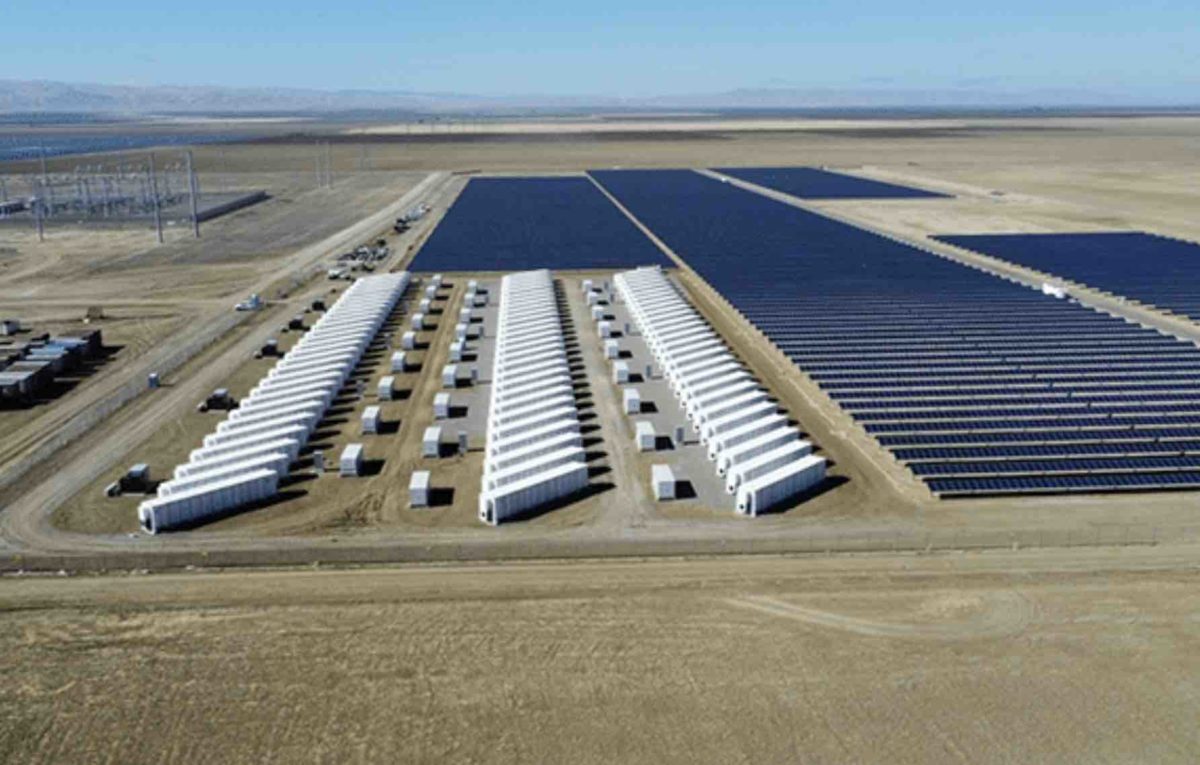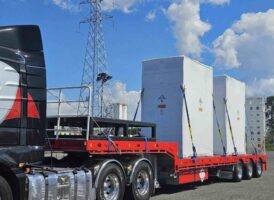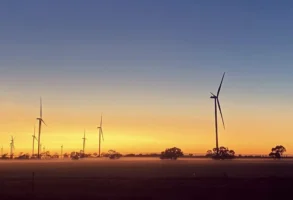Australian battery project developer Akaysha Energy has struck a deal with US battery storage company Powin to deploy more than 1.7GWh of storage systems over the next two years.
The agreement marks the first entry into the Australian market of the Oregon-based Powin, which boasts some 3GWh of completed projects, a contracted pipeline of 10GWh, a fully integrated battery system, and what it says is a significant cost advantage over its industry rivals.
The partnership with the Melbourne-based Akaysha has been unveiled just week’s after news of BlackRock’s investment Akaysha and its promise of $1 billion of funds to give it the deep pockets needed to launch into first of nine different battery storage projects across Australia’s grid.
Three of these battery projects have already been identified and will be delivered by Powin. The first will be the 150MW/300MWh Ulinda Park project in Queensland, which Akaysha founder and CEO Nick Carter says should reach financial close early in the new year.
The second of these battery projects will be Orana in the central west region of NSW, which could deliver 200MW of capacity and up to eight hours battery storage (a first for Australia), and the third is the smaller Palmerston battery in Tasmania, which has an altogether different focus on providing inertia to that island grid.
See: BlackRock to push battery limits and new markets with eight hour storage and inertia
Powin describes Australia as one of the largest and most sophisticated energy markets in the world, thanks to its commitment to a rapid switch from legacy coal power plants to a mix of renewables, largely wind and solar, and storage.
It is, however, a challenging one – with GPS (generator performance standards) requirements among the most demanding in the world. Powin and Akaysha have already been working for several months on using Powin’s power plant controller, known as StackOS, and say they are well advanced in the GPS process.
Akaysha’s Carter says the attraction of Powin is its cost base, which Powin says is around 10 per cent lower than others, and the fact that it has multiple cell suppliers, which should protect from some of the big delays being suffered in battery storage projects.
The word in the industry is that there is a two-year lead in time to secure batteries for a big storage project in Australia. Powin says it can deliver the hardware in half that time. “It’s the ability to actually get product, which as you know, Giles, is like really hard in Australia,” Carter told RenewEconomy.
Powin CEO Geoff Brown says the deal with Akaysha is a key milestone as it expands its footprint globally and invest in new regions.
Outside of the US, the company has been working on island grids like Hawaii and in Taiwan, another island grid market targeted by Akaysha. It says it has a contracted pipeline of more than 10GWh over the next three years.
“Our speciality is three hours or longer,” Powin senior vice president Danny Lu told RewEconomy in an interview. “Almost all of our R&D has been focused on long duration because we feel like that’s where most of the capacity is going to be installed. I would say our sweet spot would be anywhere in that three to six hour range.”
Lu says Powin intends to set up an office in Australia, initially to deliver the Akaysha projects but also to tap into other big projects in the region.
“We do plan on setting up interim team of maybe four people or so, but over the months depending on when these projects start delivery, we do have a plan to hire about 20 people in Australia within the next 12 to 18 months.”
See also RenewEconomy’s Big Battery Storage Map of Australia










